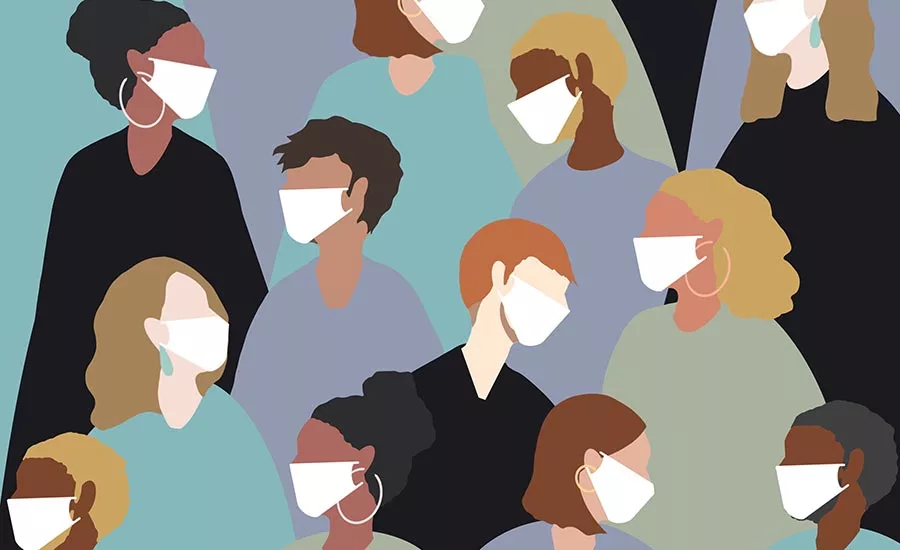Most Americans willing to forego personal data privacy to combat spread of COVID-19 and return to work faster
Survey also found Baby Boomers more likely to say they would allow employers to take their temperature, compared to Gen X and Millennials.

Three in four Americans (75 percent) are thinking more about data privacy issues amid COVID-19, yet most are willing to share their personal information to keep others safe and to return to work faster, a pulse survey of 1,000 workers by KPMG found.
The survey also found:
- 89 percent of Americans would allow places/employers to take their temperature to help keep people safe.
- 85 percent of Americans would share their COVID-19 diagnosis with their employer to get back to work more quickly.
- 67 percent of Americans would share their personal location data if it could help the country track COVID-19 cases.
- 67 percent of Americans say they would share their lifestyle information (specifically what could contribute to COVID-19 exposure) with their employer to help get back to work faster.
With a U.S. unemployment rate of 13.3 percent in May, it is no surprise that Americans are willing to forego personal data privacy if it means getting back to work more quickly. Yet there is a notable difference between younger and older workers’ sentiments on return-to-work strategies. For example, 94 percent of baby boomers said they definitely or maybe would have their temperatures taken compared to 87 percent of millennials. KPMG is also hearing from clients that older workers are more inclined than younger workers to share their personal data and participate in these return-to-work strategies.
"As organizations reopen, executives will face the challenge of rolling out strategies, policies and technologies that match the expectations of their unique workforces, “ said Steve Stein, principal, co-lead, KPMG Privacy Services. “While there is no one-size-fits-all approach, it is imperative that organizations design solutions that account for short-term and longer-term implications of what data is collected, how it is used, and how it is protected – whether that’s through health data polling, more comprehensive testing or more comprehensive contact tracing.”
Beyond sentiment and consent, while designing technology-based solutions, organizations will also need to consider a number of existing policies, laws, and regulations, such as those related to health data privacy, and Occupational Safety and Health Administration (OSHA ) guidance, among others. For example, is the back-to-work solution compliant with legislation such as the American Disabilities Act Title II requirements relating to website and app accessibility? Ultimately, organizations need to consider the potentially disparate impact of back-to-work policies on a diverse workforce.
“COVID-19 is creating a new wave of data privacy considerations for U.S. organizations – who largely have had limited experience with these issues,” said Orson Lucas, principal, co-lead, KPMG Privacy Services. “Executives will need to right-size and mature privacy programs, to help organizations today and in the future, because privacy issues are being amplified as a result of COVID-19.”
This report is the first in a two-part series offering research insights into how Americans feel about data privacy and corporate data responsibility. The findings in this report are based on the results from a survey of 1,000 respondents in the U.S. The sample was balanced to reflect national representation of age, race, gender and region. The online survey was fielded between May 19, 2020, and May 21, 2020.
Looking for a reprint of this article?
From high-res PDFs to custom plaques, order your copy today!






